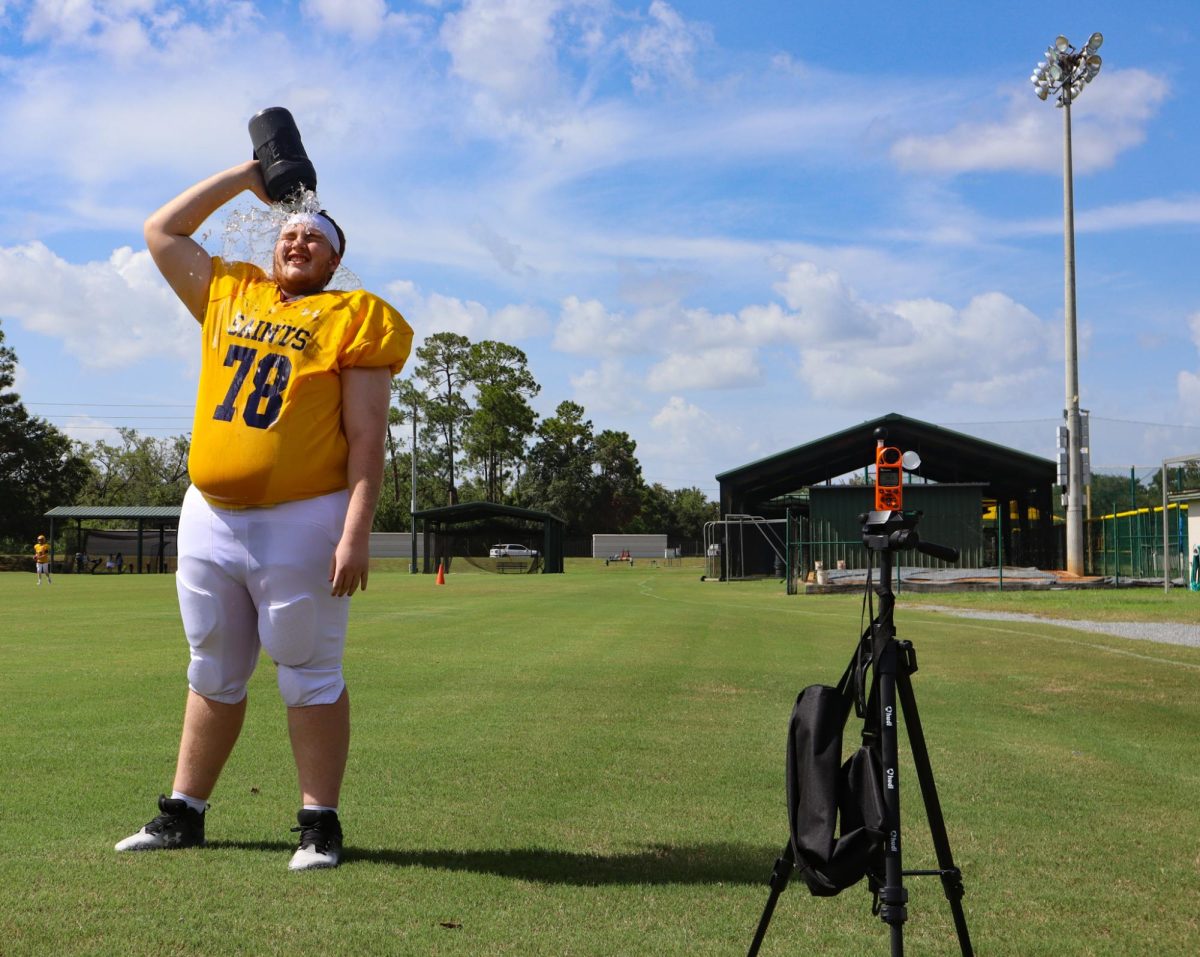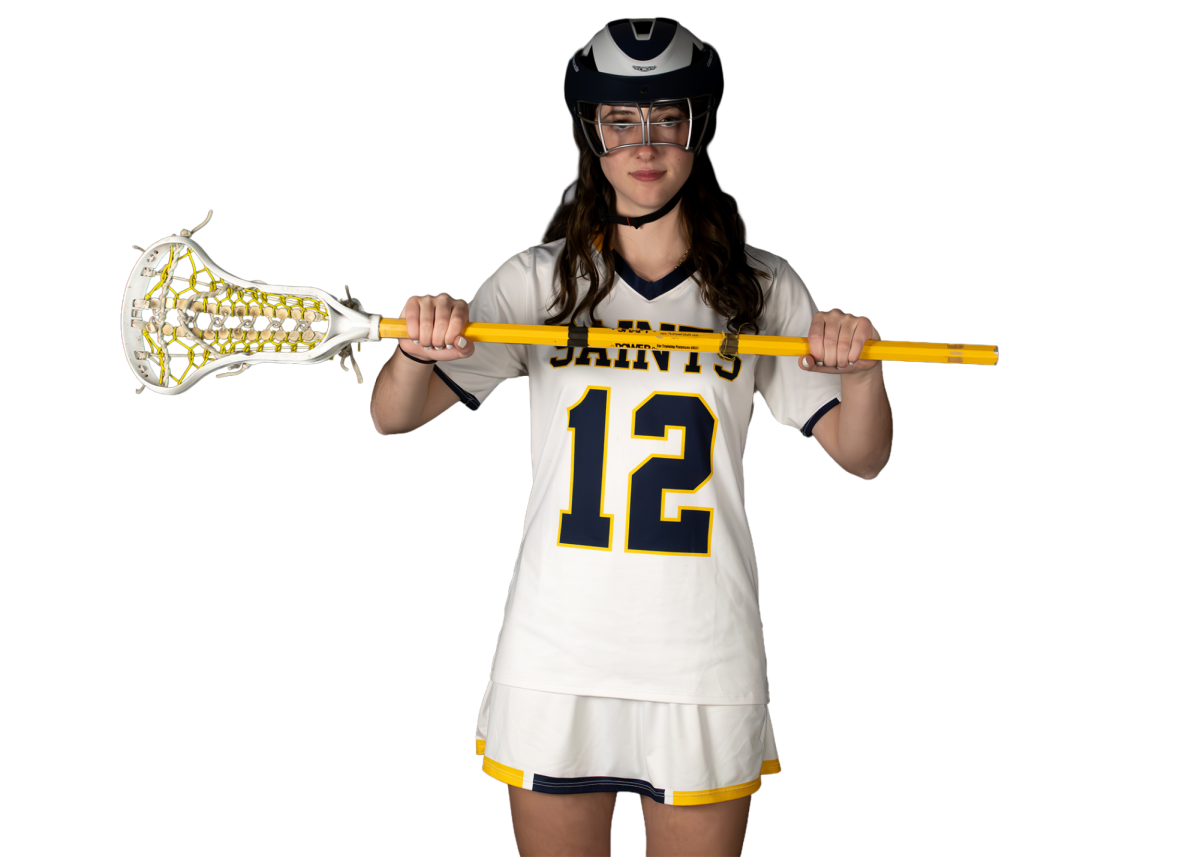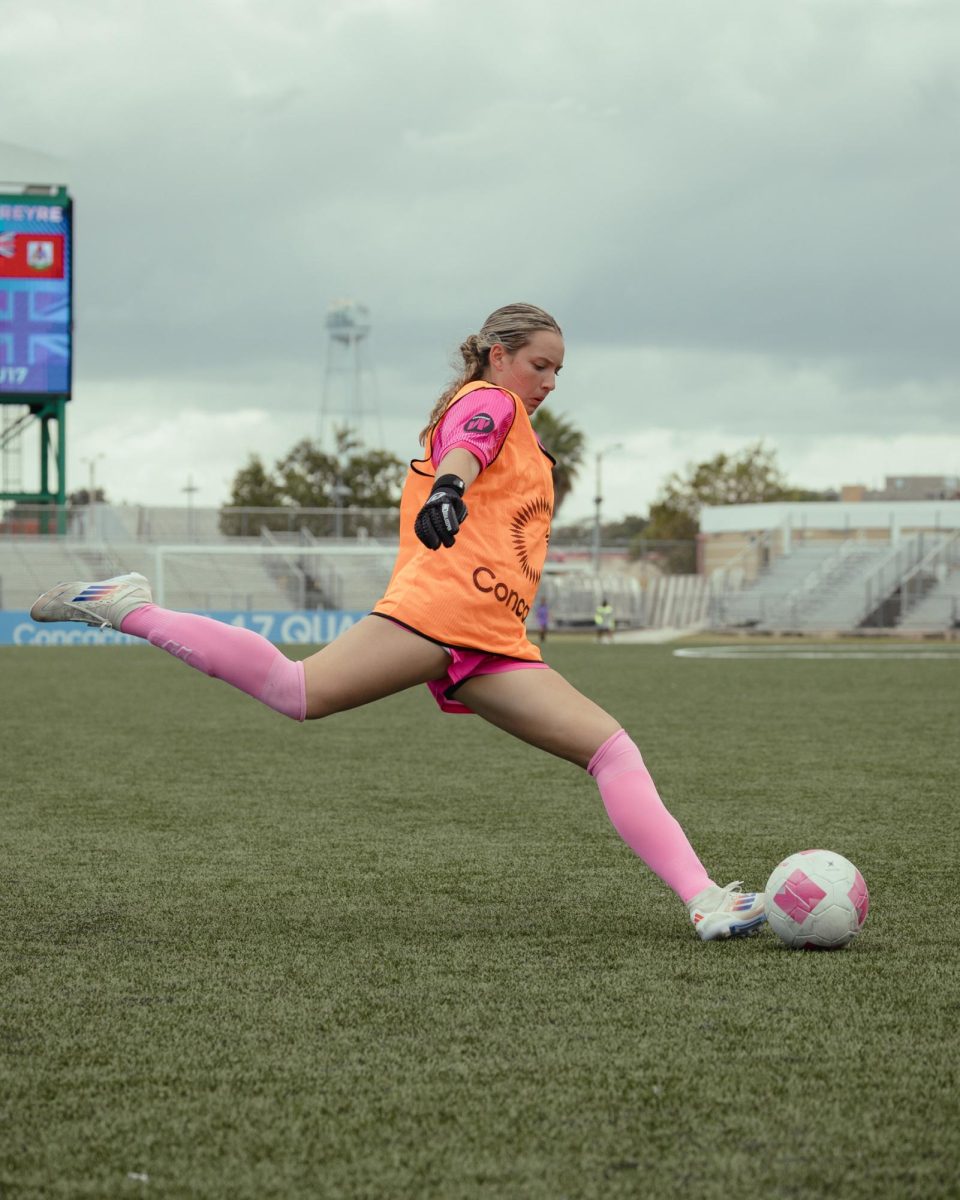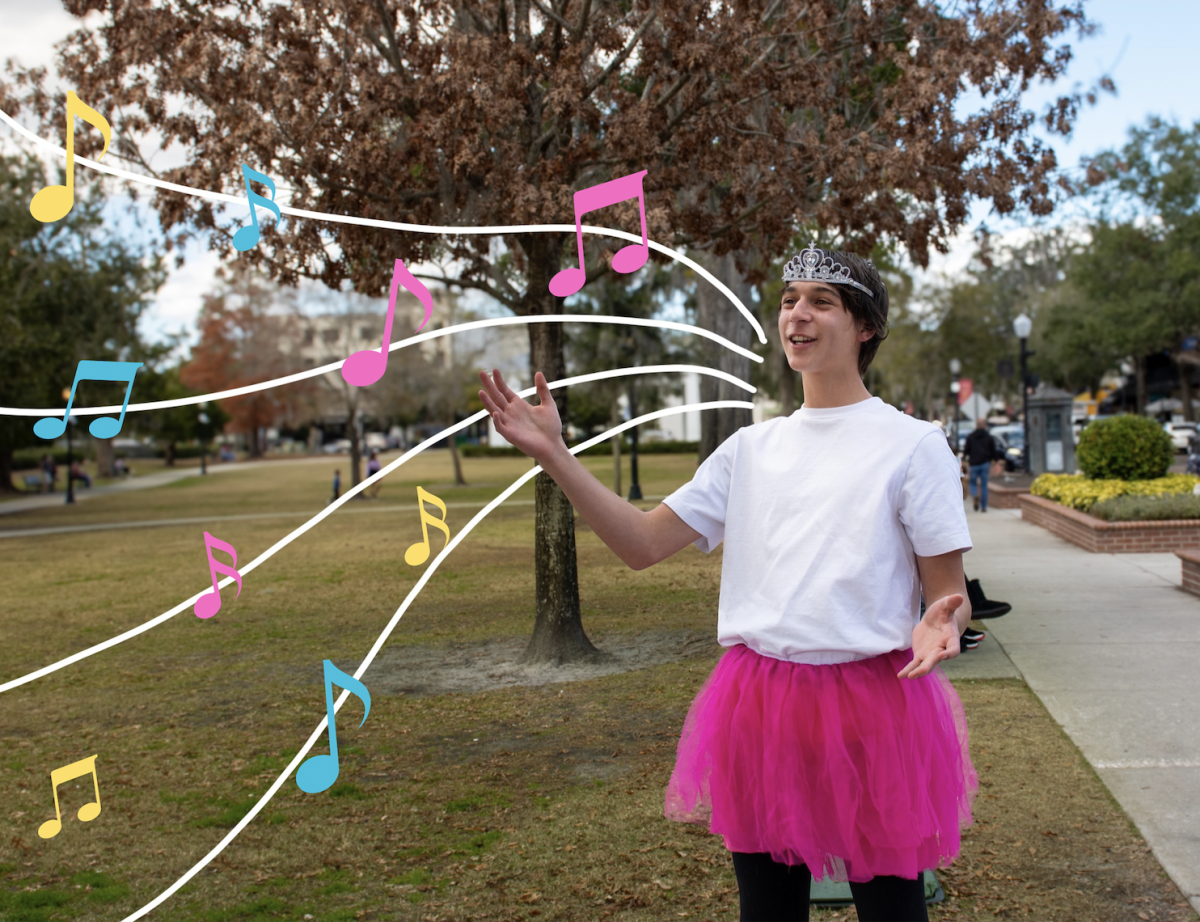After July set records as the hottest month ever recorded, the heatwave has continued into the fall, disrupting many sports on campus. As a result of the extreme heat, practices have been canceled or delayed, which has affected teams’ morale and their ability to practice to their full capabilities.
Trinity strictly follows FHSAA policies, which has even led to swim practice being canceled. Measuring the safety of practicing outside with state-of-the-art technology like the Wet Bulb Globe Temperature device (Wet Bulb), new Athletic Trainer Sheena Wilson is able to confidently abide by the FHSAA’s heat stress policies. The policies, which call for each school to have a device that can record “ambient temperature, humidity, wind speed, sun angle, and cloud cover at the site of the athletic activity,” has formed guidelines based on readings that determine what activites can be conducted in a safe manner. The results are then categorialized as green, yellow, red or black, with green allowing normal activities to take place and black forcing cancellation.
Based on the results of the Wet Bulb at Trinity, Wilson determines with fellow sports staff whether to cancel or delay practice. She then can inform teams about the severity of the heat, so coaches will know how many breaks are required, how intense or short practice must be and what type of equipment the team can use during practice.
“For me to tell someone that you can’t be outside and practice is one of the tough decisions I have to make,” Wilson said.
Due to the reduced ability to practice and extreme physical toll on athletes caused by the heatwave, Cross Country Head Coach Sara Dowdy has taken hypersensitive precautions, moving JV and Varsity cross country practices to 6 a.m before school everyday. Last year, the team only had two morning practices a week.
“We’ve actually been able to do more in the morning than we could after school” Dowdy said. “I’m so glad we’re in the morning, because since the season started, [varsity & JV] wouldn’t have had a full practice. Middle school hasn’t had a full practice either due to storms or code black.”
Not only have practice times been moved, they have also needed to be shortened due to safety regulations. These regulations can limit a normal two-hour practice to one hour with no conditioning and light equipment. The heatwave hasn’t just affected practice times, but coaches’ ability to maximize their team’s full potential. Wilson understands that working around the heat isn’t ideal for teams, but certain precautions must be followed to ensure safety amongst all athletes.
“I send out a communication to all coaches and let them know, look, this is what’s going on on the field, this is your range, this is what you need to do for practice if you’re going to be outside,” Wilson said.
The guidelines have forced the football team to change the way they practice, most notably, depriving their ability to practice a fundamental part of the sport, tackling. Adjusting to the restrictions placed on the physical parts of practices, Varsity Football Head Coach Brian Kells has attempted to get the most of short practice times by reviewing game film or practicing drills in the gym. The increased risk of heat illness has forced coaches and staff to make prevention a complex but highly achievable goal through collective action and communication. Every coach is required to take multiple heatstroke prevention courses and know how to perform heat acclimatization strategies, such as Cardiopulmonary Resuscitation (CPR) and Automated External Defibrillator (AED) usage and first aid protocols.
“I think it’s one of these things that’s been a heightened awareness around campus,” new Athletic Director Colin Sulvian said, “If we can take the necessary precautions, why not?”
By strictly following FHSAA policies, communicating with fellow coaches and having proficient expertise on heat illness prevention, athletes can continue to safely enjoy the sport they love even under scorching temperatures.













